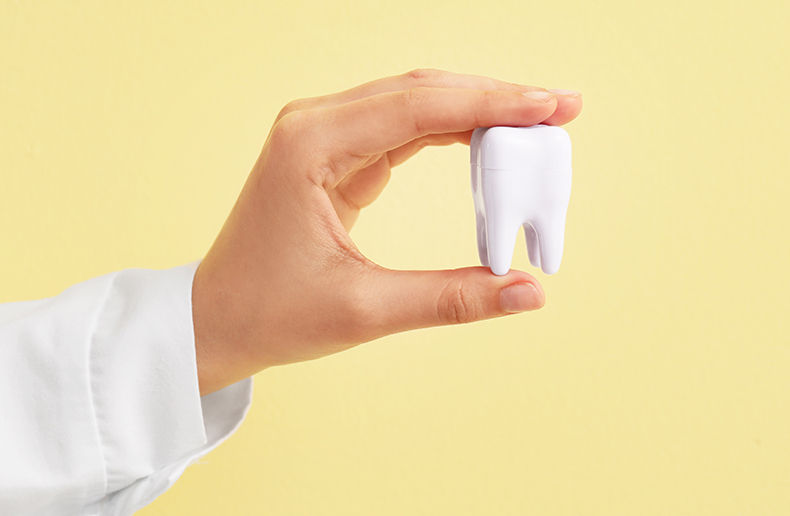The Canadian Life & Health Insurance Association (CLHIA) has developed a submission to the Royal College of Dental Surgeons of Ontario on the college’s proposed practice standards for virtual care.
“Our industry plays a significant role in ensuring dental claims are paid timely and appropriately, thereby assuring plan sustainability for the employer and employees,” the submission states. “It is with this context in mind that we appreciate the opportunity to provide some comments regarding the proposed virtual care standard of practice.”
The submission recommended that the standard identify the types of treatment that can and cannot be provided virtually. “This needs to be specific,” they state. “It is understood that colleges have moved away from being prescriptive, but this particular area, the provision of virtual healthcare, is one where more definition and transparency may be needed.” It goes on to suggest the college clarify language being used in the standard, and for the college to make a request to the Canadian Dental Association to consider including identifiers within claims transactions which indicate if a service was provided virtually.
They note that dentists seeing patents virtually, only to refer the patient to be seen in-person at an office, where the same or similar fee is billed again, would be problematic to see in repetition. “This standard could increase the prospects of inappropriate or fraudulent virtual dental claims,” they add.
“We suggest that the standard be expanded to include a section that will clearly address the know your patient perspective that will do more to ensure fraud is limited – including authenticating the identity of patients when providing virtual services.”




